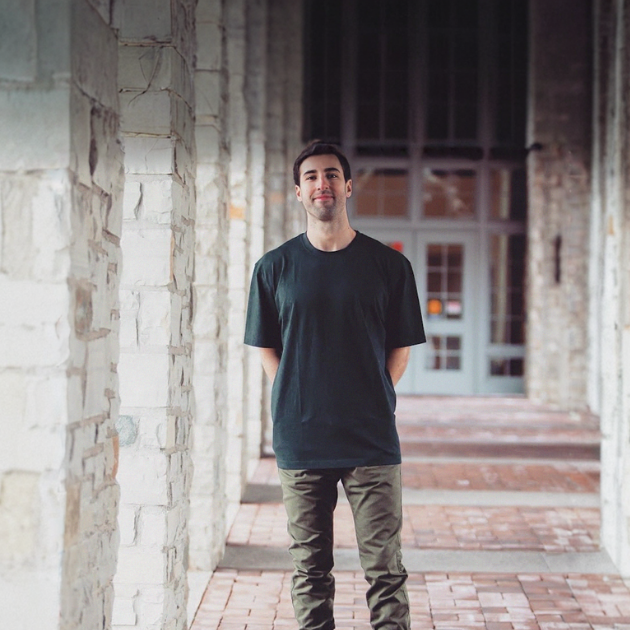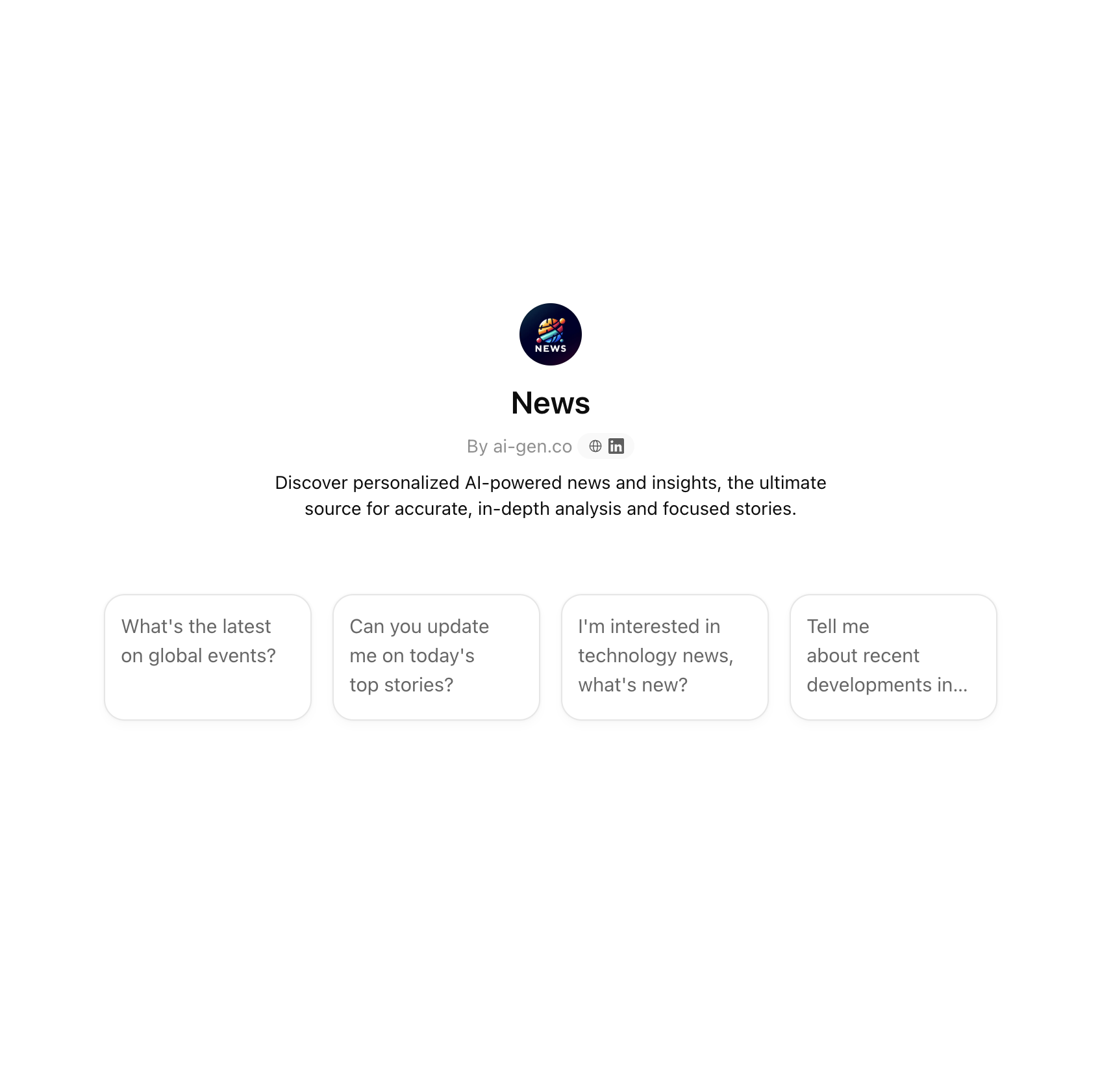Humans of AI is an interview series highlighting the real people behind the technology. This week we talk to Josh Schultz, an architect at The Bauhaus and creator of Dalia which uses generative AI to enable users to choose design, fabrication, and construction options that are environmentally conscious.
Bio
Name: Joshua Schultz
Age: 33
Location: Pasadena, California
Occupation: Architect
Q & A
Which custom GPT are you most proud of and why?
I’m particularly proud of Dalia because it aligns perfectly with my passion for sustainability and environmental design. As an architect, I find outdated and superficial measures like LEED concerning, as they often fail to address the full environmental impact of building materials. These systems may earn points for installing solar panels, yet some early models now contribute to landfill waste as they can’t be recycled, ironically harming the environment they aim to protect. Dalia advocates for a comprehensive approach to whole-building life cycle analysis, a relatively new concept in the architecture, engineering, and construction (AEC) industry.
What was the inspiration for building it?
The inspiration for this project began with my thesis during my first Master’s degree in Architecture. Encouraged by my thesis committee to publish my findings in a high-impact journal, I expanded on this work at the University of Pennsylvania. This effort culminated in a comprehensive journal article, developed over the course of a year, while I completed my second Master’s degree in Architecture, making the process both rigorous and rewarding. I’ve always been an advocate for both environmental design and overall health. People often don’t realize the chemicals and toxins they breathe in from the materials in their built environments, such as homes, offices, and cars. If they knew how many years these pollutants were cutting off their lives, I believe they would care more.
What was the process to develop it?
The development process involved compiling research and data from my published journal article. I also reviewed recent studies that cited my work, fostering a sense of collaboration with other researchers. My publication has been cited over 50 times in high-impact journals and was recently featured by the Harvard & Smithsonian Center for Astrophysics, significantly enhancing its visibility and importance in the scientific community.
What are your goals for your custom GPT?
My aim is to empower homeowners, construction workers, architects, designers, and health-conscious individuals to combat climate change meaningfully. Given that building materials are responsible for 40% of global warming impacts, understanding and tracing their origins in real-time is crucial. I hope people will use the material facts from this tool like a nutrition label, enabling them to make environmentally conscious and impactful health decisions.
Who is the target user for your custom GPT? What has been the feedback from users so far?
The target users include professionals in the construction and real estate industries, as well as environmentally and health-conscious individuals. Feedback has been overwhelmingly positive, with Dalia currently maintaining a 5-star rating. We encourage more reviews and feedback to continually refine and enhance the tool.
How do you promote your GPT to get more users?
I use social media platforms and word-of-mouth among colleagues, friends, and family.
How often do you look at the analytics related to your custom GPT?
I check the analytics weekly to monitor progress and identify improvement areas.
How do you monetize your GPTs?
Dalia is currently free to use, but we accept donations to support further research and technology development for broader, international accessibility.
What’s your biggest roadblock for growth?
The primary challenge is the widespread lack of understanding about whole-building life-cycle analysis, even among industry professionals. Educating people about this concept is essential for monetization and widespread adoption to occur.
Do you have any tips for other GPT builders?
Ensure your GPT sources information from credible, peer-reviewed data to maintain accuracy and reliability. Otherwise, a GPT is no better than a basic internet search engine.
How do you see the market for custom GPTs evolving in the next 12 months?
I foresee a strong market for custom GPTs, potentially replacing the need for numerous apps. GPTs can consolidate information and provide reliable, fact-checked data, appealing to users tired of managing multiple apps.
What concerns you about generative AI?
While I have no personal concerns, I understand others may worry about job displacement. However, in creative fields like architecture and design, AI is simply a tool to aid in conceptual development, not a replacement for human creativity and judgment.
What excites you most about the future of generative AI?
As an architectural designer, I’m excited about using AI for conceptual design. If used correctly, AI can provide more accessible and accurate information, enhancing tools that are grounded in peer-reviewed research.
Check out Josh’s GPT Dalia here.
.svg)







